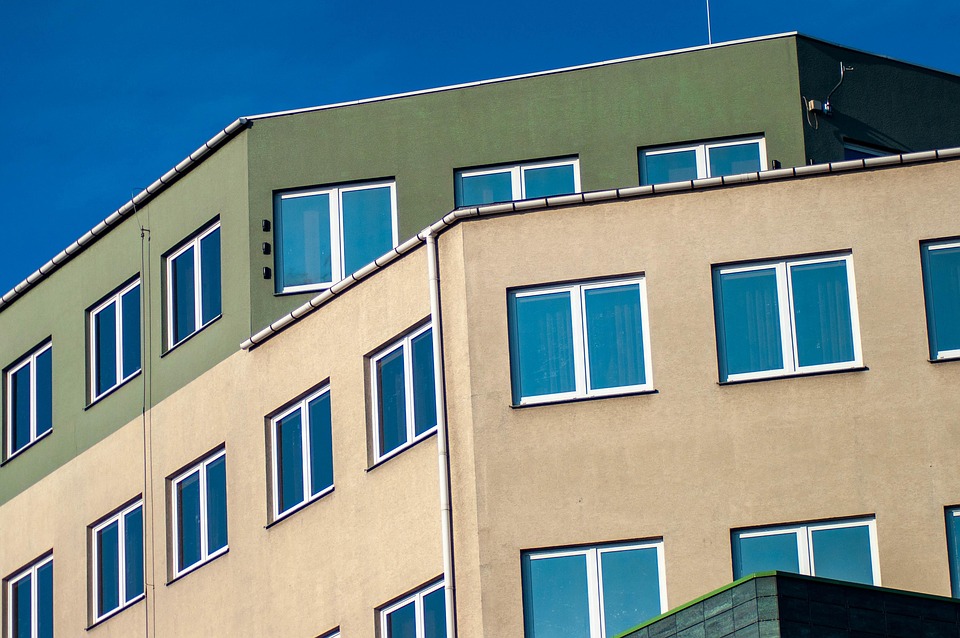Property management has long been a manual, time-consuming industry that relies heavily on phone calls, paperwork, and in-person interactions. However, with the rapid advancement of technology, the property management industry is being revolutionized by software solutions that streamline operations, improve efficiency, and enhance the overall tenant experience. From automated rent collection to online maintenance requests, property management software is changing the way property owners, managers, and tenants interact with each other.
The use of property management software is becoming increasingly popular, and for good reason. In addition to improving efficiency and reducing human error, software solutions can offer a wide range of benefits for both property owners and tenants. Let's explore how software is revolutionizing the property management industry and what the future holds for this rapidly evolving field.
Automated Rent Collection
One of the biggest pain points for property owners and managers is rent collection. Traditional methods of rent collection, such as checks or money orders, can be time-consuming, inefficient, and prone to errors. Property management software solutions streamline the rent collection process by allowing tenants to pay their rent online, either through an ACH transfer or credit card payment. This not only saves time for property managers but also ensures that rent is collected on time, every time.
Maintenance Requests
Another major challenge in property management is managing maintenance requests. Property managers are often inundated with phone calls and emails from tenants reporting maintenance issues, which can be difficult to track and prioritize. Property management software solutions provide a centralized platform for tenants to submit maintenance requests online, complete with photos and descriptions of the issue. Property managers can then easily assign and track maintenance tasks, improving response times and tenant satisfaction.
Tenant Portals
Software solutions also offer tenants the convenience of self-service portals, where they can access important information such as lease agreements, payment history, and maintenance requests. Tenant portals empower tenants to manage their own accounts and communicate with property managers directly, reducing the need for phone calls and emails. This not only improves the tenant experience but also frees up time for property managers to focus on other tasks.
Data Analytics
Property management software solutions also offer powerful data analytics tools that provide valuable insights into property performance and trends. By analyzing data such as rental rates, occupancy rates, and maintenance costs, property owners and managers can make informed decisions about pricing, marketing strategies, and property maintenance. Data analytics can help identify opportunities for cost savings, revenue growth, and operational improvements, ultimately driving higher returns on investment.
The Future of Property Management
The future of property management is undoubtedly technology-driven. As software solutions become more advanced and affordable, property owners and managers will increasingly rely on technology to streamline operations, improve efficiency, and enhance tenant satisfaction. Artificial intelligence, machine learning, and Internet of Things (IoT) devices are just a few examples of emerging technologies that are poised to revolutionize the property management industry.
Artificial intelligence can automate routine tasks such as responding to tenant inquiries, generating lease agreements, and scheduling property inspections. Machine learning algorithms can analyze data to predict maintenance issues, identify potential rent delinquencies, and optimize rental prices. IoT devices such as smart thermostats, door locks, and security cameras can provide real-time data on property conditions, security threats, and tenant activities.
FAQs
Q: How much does property management software cost?
A: The cost of property management software varies depending on the features and functionality desired. Some software solutions offer a monthly subscription fee based on the number of units managed, while others may charge a one-time setup fee plus a percentage of monthly rent collected. It's important to consider the return on investment of property management software in terms of time savings, efficiency improvements, and tenant satisfaction.
Q: Is property management software easy to use?
A: Most property management software solutions are designed to be user-friendly, with intuitive interfaces and step-by-step guides. Property managers can typically access training materials, customer support, and online tutorials to help them get started with the software. It's important to choose a software solution that aligns with your business goals and tech proficiency level.
Q: How can property management software improve tenant satisfaction?
A: Property management software can improve tenant satisfaction by providing self-service portals for tenants to access important information, submit maintenance requests, and communicate with property managers. Automated rent collection and online lease agreements can also enhance the tenant experience by offering convenience and transparency. By streamlining operations and improving communication, property management software can ultimately lead to higher tenant satisfaction and retention rates.
In conclusion, property management software is revolutionizing the industry by offering automation, efficiency, and enhanced tenant experiences. As technology continues to evolve, property owners and managers must embrace software solutions in order to stay competitive and drive higher returns on investment. The future of property management is tech-driven, and those who adapt and innovate will lead the way in this rapidly evolving industry.



